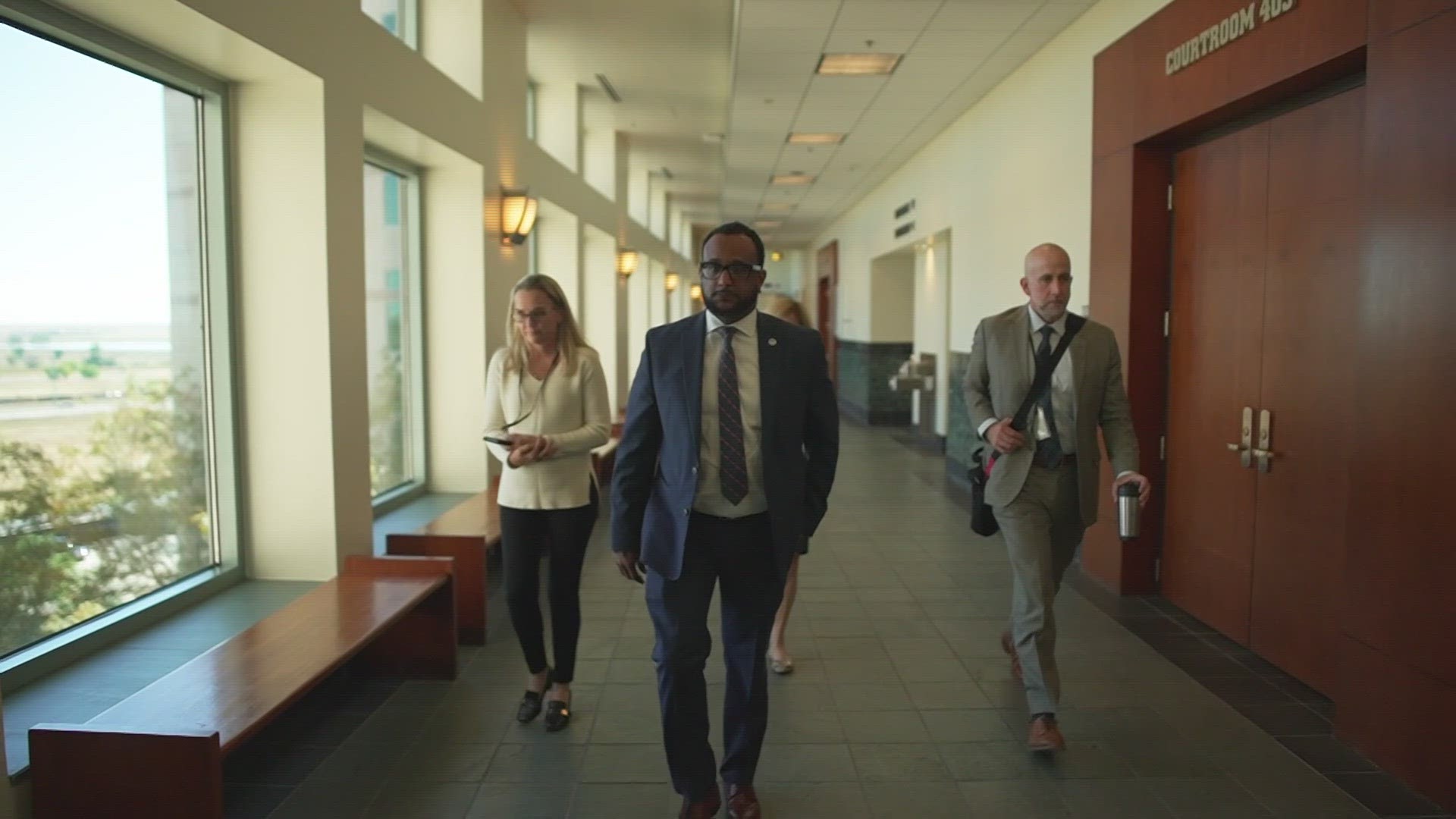AURORA, Colo — The prosecution's final witness in the case against two officers charged with Elijah McClain's death was a forensic pathologist who testified that he believed McClain's manner of death should be classified as a homicide.
"From the beginning when he was grabbed walking down the street all the way to his death in the hospital is the result of the physical and chemical restraint," said Dr. Roger Mitchell, a forensic pathologist in Washington D.C.
Mitchell, who was asked by prosecutors to review all the reports and body-worn camera footage related to McClain's 2019 death, said, however, that he agreed with the doctor who performed McClain's autopsy that ketamine was his primary cause of death.

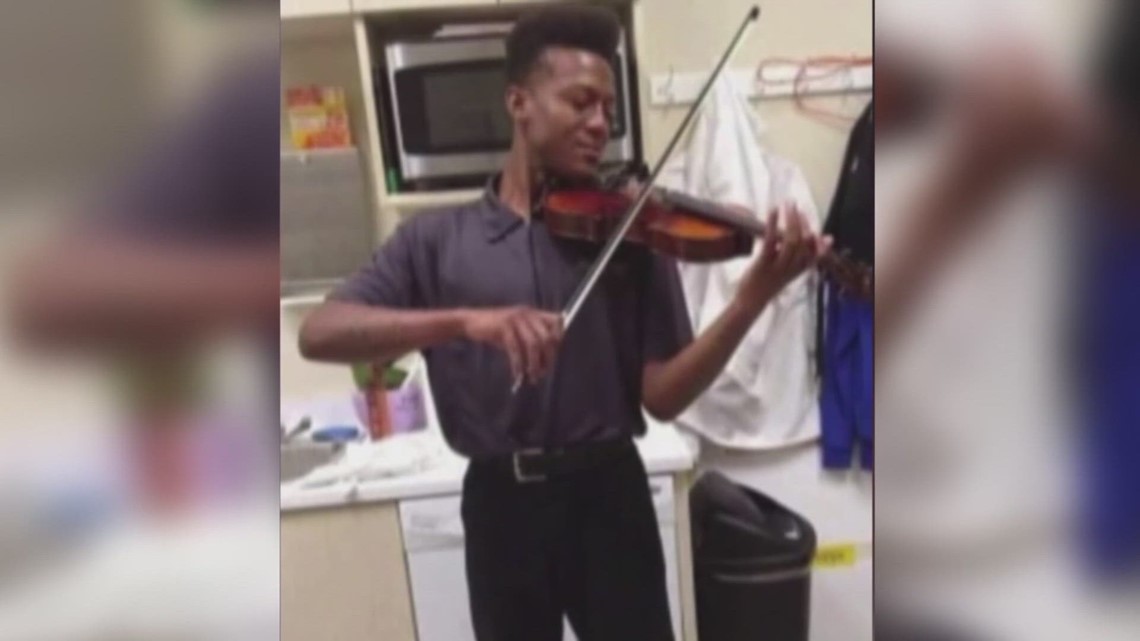
"How does the physical restraint by the officers here, if it does, contribute to Elijah McClain’s death?" asked prosecutor Jason Slothauber.
"Medically we’ve talked about it most of the day. It's in the form of hypoxia (low oxygen), acidosis (increased acid in the blood), and aspiration (inhaling vomit) those are all contributing factors for the physical restraint that leads to Mr. McClain’s death,” Mitchel said. “And then from the circumstances, all of the actions from those involved contribute, as well."
McClain, 23, was first contacted on Aug. 24, 2019, after a teenage boy called 911 and relayed that he saw McClain wearing a coat and mask and acting "suspicious." Less than a minute after police arrived, McClain was taken to the ground and engaged in a struggle with suspended officer Randy Roedema, former officer Jason Rosenblatt, and a third officer. During that struggle, McClain was placed in a carotid hold, which can cut off the oxygen supply to the brain.
Roedema and Rosenblatt are currently on trial. They're among five people indicted in 2021 in connection with McClain's death. Both are charged with reckless manslaughter and second-degree assault.
A third officer and two paramedics were also indicted and will go to trial later this year.
Mitchell spent all of Thursday on the witness stand watching body-worn camera videos and providing his opinion about what he observed.
"There’s a lot of video that's available. It's not often that you get so much video you’re looking at, particularly, the clinical presentation of someone who is dying," Mitchell said. "I thought it was important to spend a considerable amount of time with the video to see how the patient changes over the course of the video.”
He, like a doctor who previously testified, told the jury that he believed McClain began to suffer from several issues as a result of being restrained. From his observations, Mitchell testified that he believed McClain suffered from low oxygen, an increase in acid in blood, and had inhaled vomit into his lungs.
He pointed out minute-by-minute how he believed those three conditions led to McClain's deteriorating condition before ketamine was administered.
"This is the type of thing that requires treatment - if he’s given proper treatment - oxygen - intubation - if he’s given proper treatment he can potentially live past this," Mitchell said. "It’s hard for me to tell you whether or not he would live or die after this without the ketamine. It is difficult for me to separate out because I know what ends up happening to him."

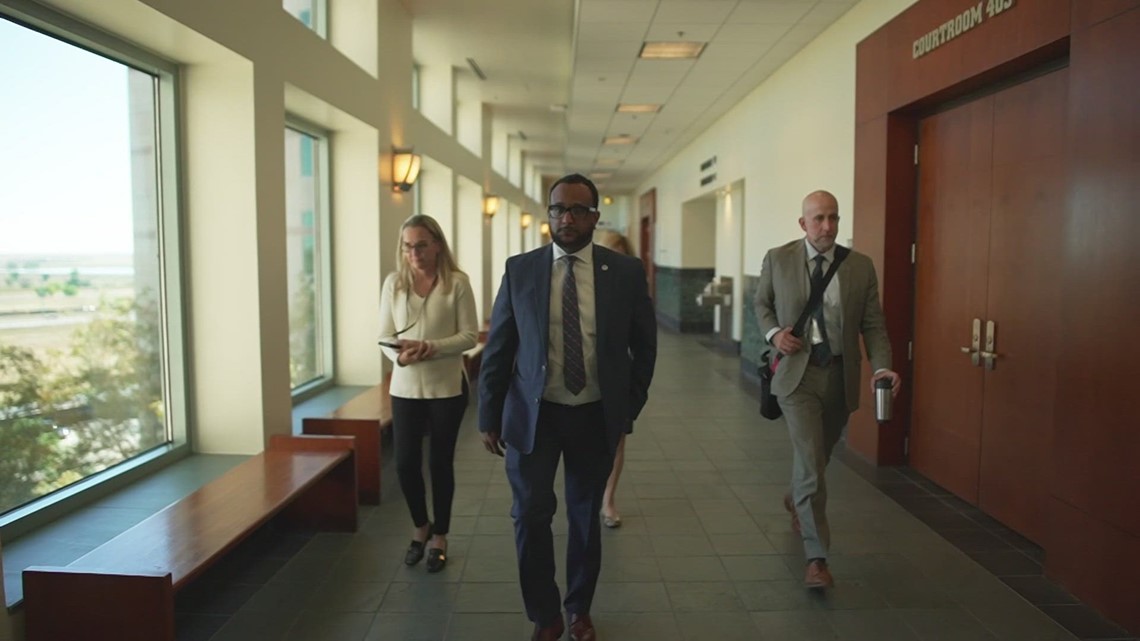
Eventually, Mitchell described McClain becoming unresponsive in the minutes before he was given the sedative and suggested that officers could have done something during the roughly 15 minutes that McClain was on the ground and handcuffed.
"He’s asked at this point if he’s OK," said Mitchell referencing a specific moment of body-worn camera footage. "And that’s a great question to be asked of him in this moment – but he doesn’t respond.
He’s not even able to give a response so there is an opportunity here for things to change – for him to get care – but he doesn’t get that care at that moment. As a physician watching, as a forensic pathologist, I also look for opportunities where his life could have been saved. And this may have been one of them."
"What, in all that we’ve seen, is the proper classification of manner of death for Elijah McClain? asked prosecutor Jason Slothauber.
“Homicide," Mitchell replied.

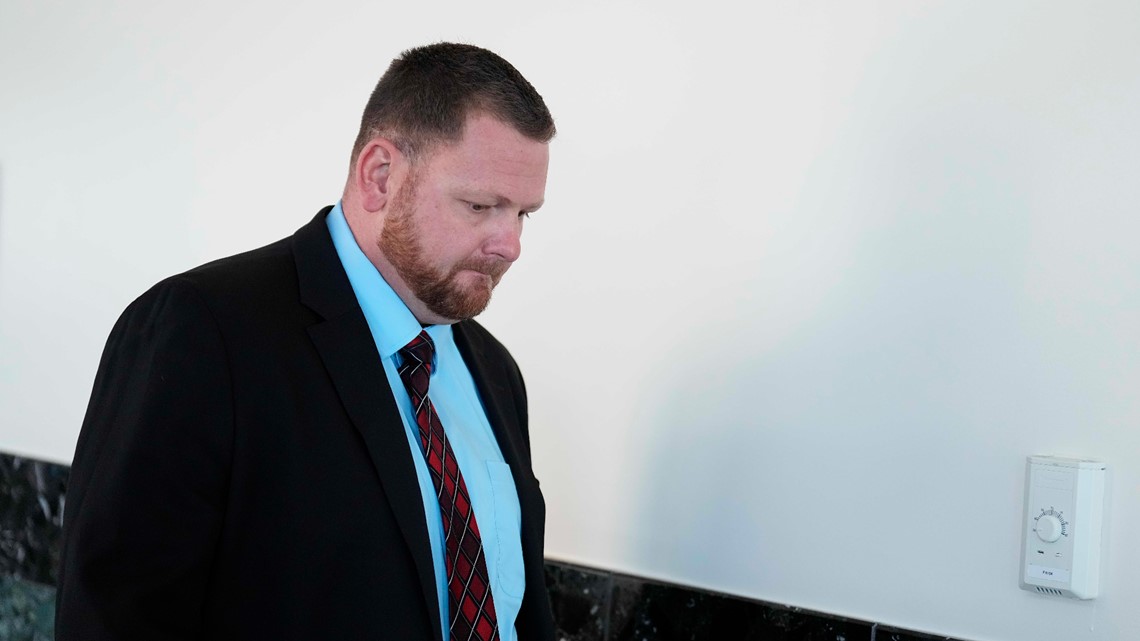
On cross-examination, the defense tried to attack Mitchell's credibility citing his advocacy work, specifically related to Black people who had died in custody. They pointed out that Mitchell has made several national media appearances to talk about the subject.
Mitchell, however, said his advocacy efforts are for all in-custody deaths and said Black people disproportionately die while in custody.
They also pressed Mitchell about his conclusions related to acidosis, (too much acid in the blood) and hypoxia (low oxygen).
"There is no medical chart documenting what me and others observed that is going on during this incident," Mitchell conceded.
The defense also questioned Mitchell about ketamine and its role in McClain's death.
“You cannot state that Elijah McClain would have only died from the police restraint?" asked Don Sisson who represents Roedema.
"That is correct," Mitchell replied.
Mitchell will return to the stand briefly Friday morning before the defense calls their first witness.

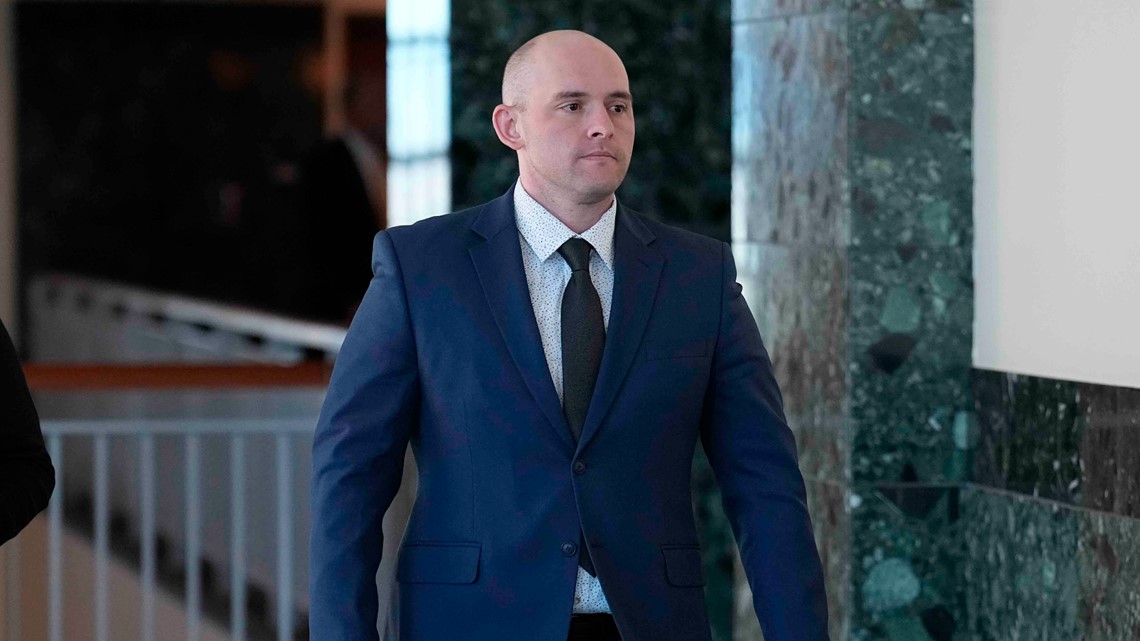
Jeremy Cooper and Peter Cichuniec, the two paramedics who responded to the call, are set for trial in November. They are each charged with reckless manslaughter and numerous counts of assault.
Another officer, Nathan Woodyard, who was the first to respond to the call about McClain, was also indicted on a charge of reckless manslaughter. His trial is set to begin in mid-October.
SUGGESTED VIDEOS: Elijah McClain death

